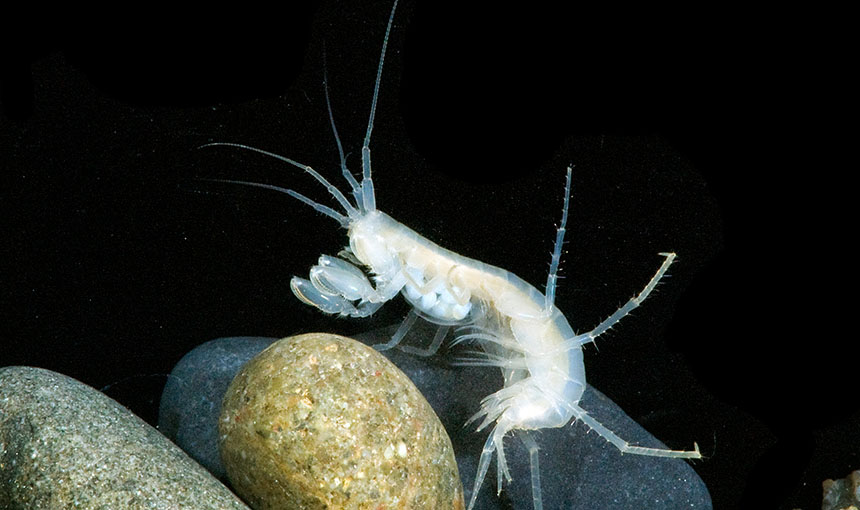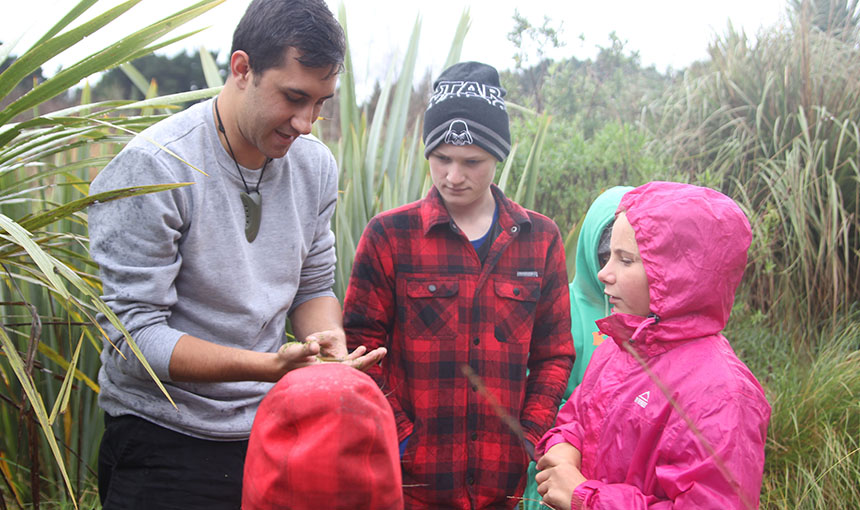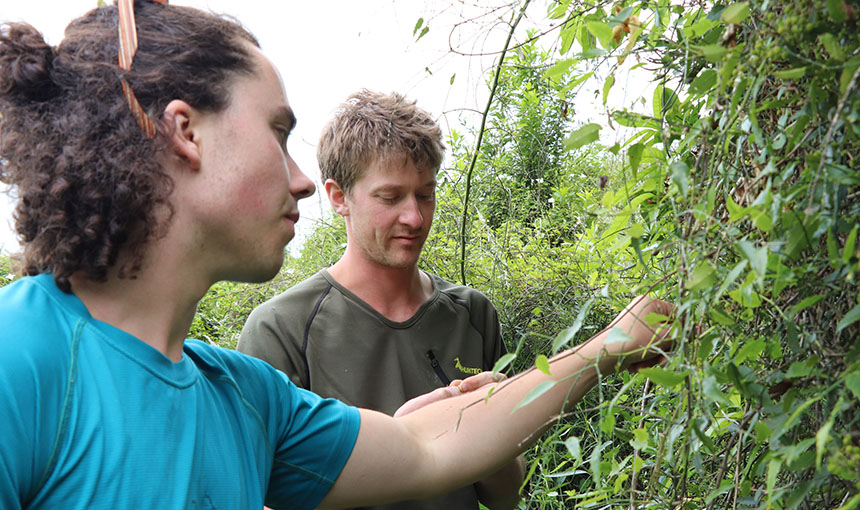Eco-index

New Zealanders value their unique natural environments, but national and regional reporting shows that Aotearoa’s native biodiversity is degraded and under continued threat.
A better approach is needed, and indeed possible, to restore ngā taonga katoa o te ao tūroa (our natural heritage).
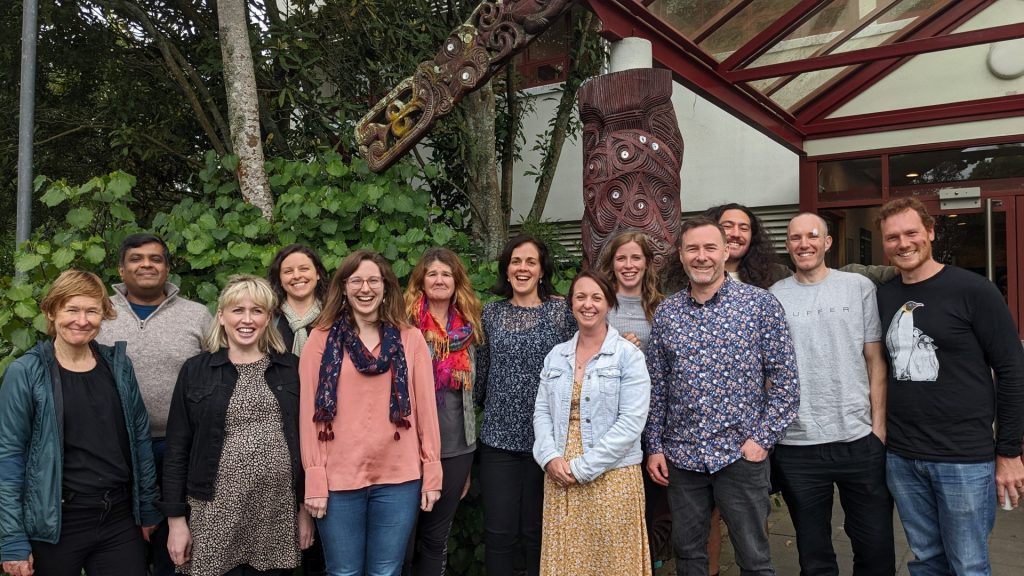
A novel approach to investing in biodiversity restoration
To determine what actions are needed, we are creating both a national Eco-index and tailor-made eco-indices for different land management sectors. Our objective is to link current investment in biodiversity with the impact being achieved on the ground and to identify the best investment opportunities for reversing biodiversity decline.
The Eco-index will guide land managers toward incremental investments that can cumulatively create intergenerational impact. In time, the Eco-index will indicate our country’s biodiversity performance, much like GDP indicates economic performance.
“We cannot make economically efficient or socially fair environmental rules if we cannot measure authoritatively what is happening to the physical resource base on which our wellbeing ultimately depends.“
Parliamentary Commissioner for the Environment, Focusing Aotearoa New Zealand’s environmental reporting system (2019).
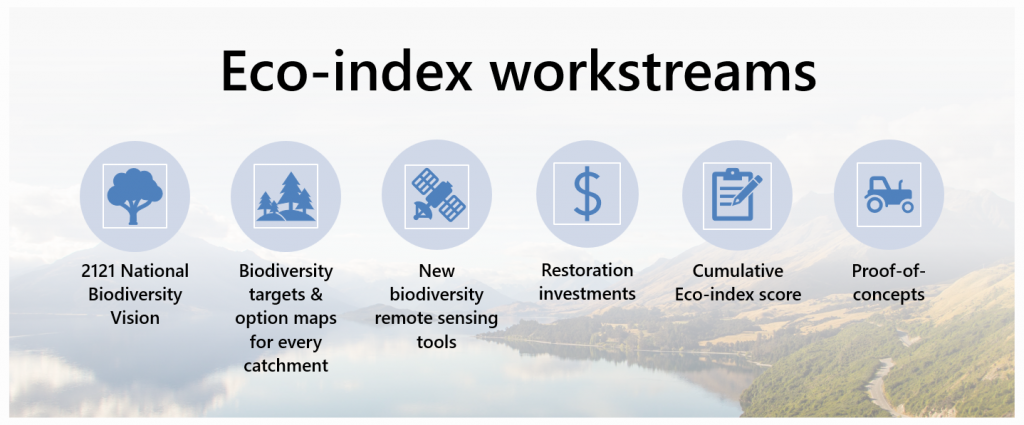
Co-leads:
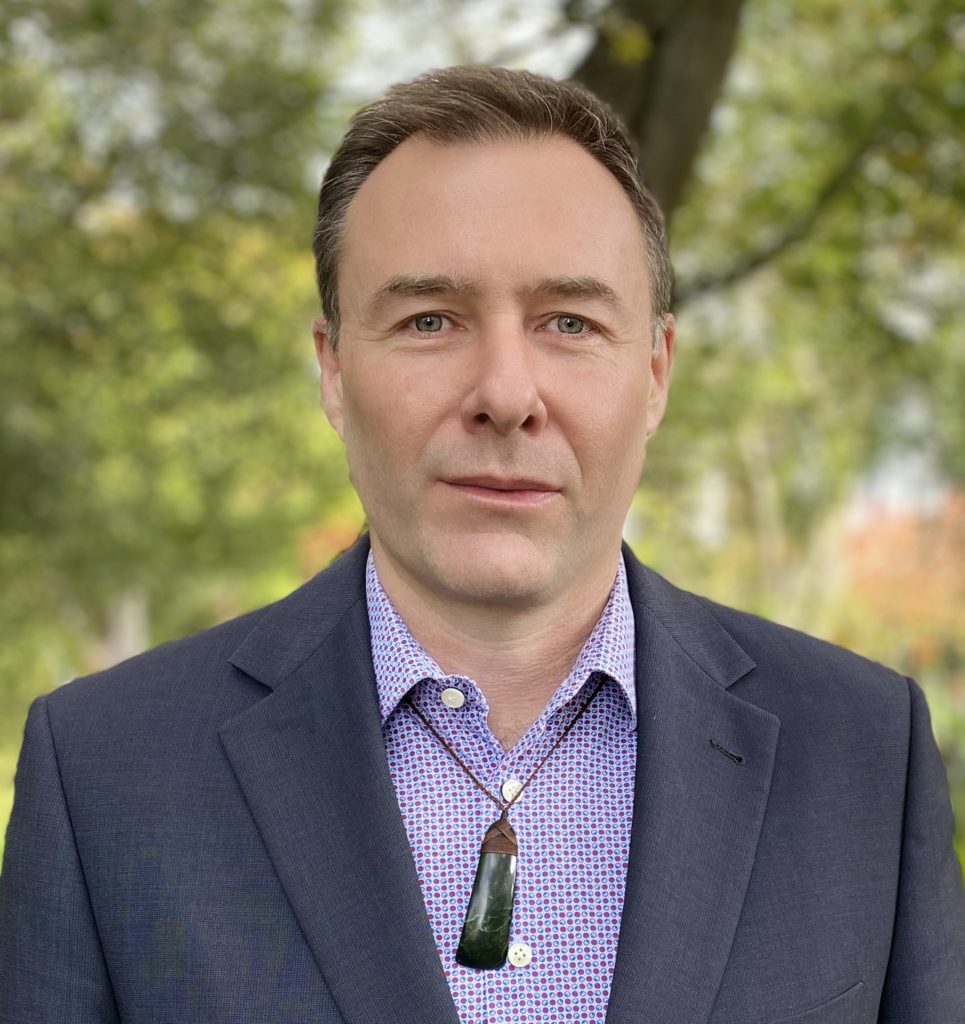
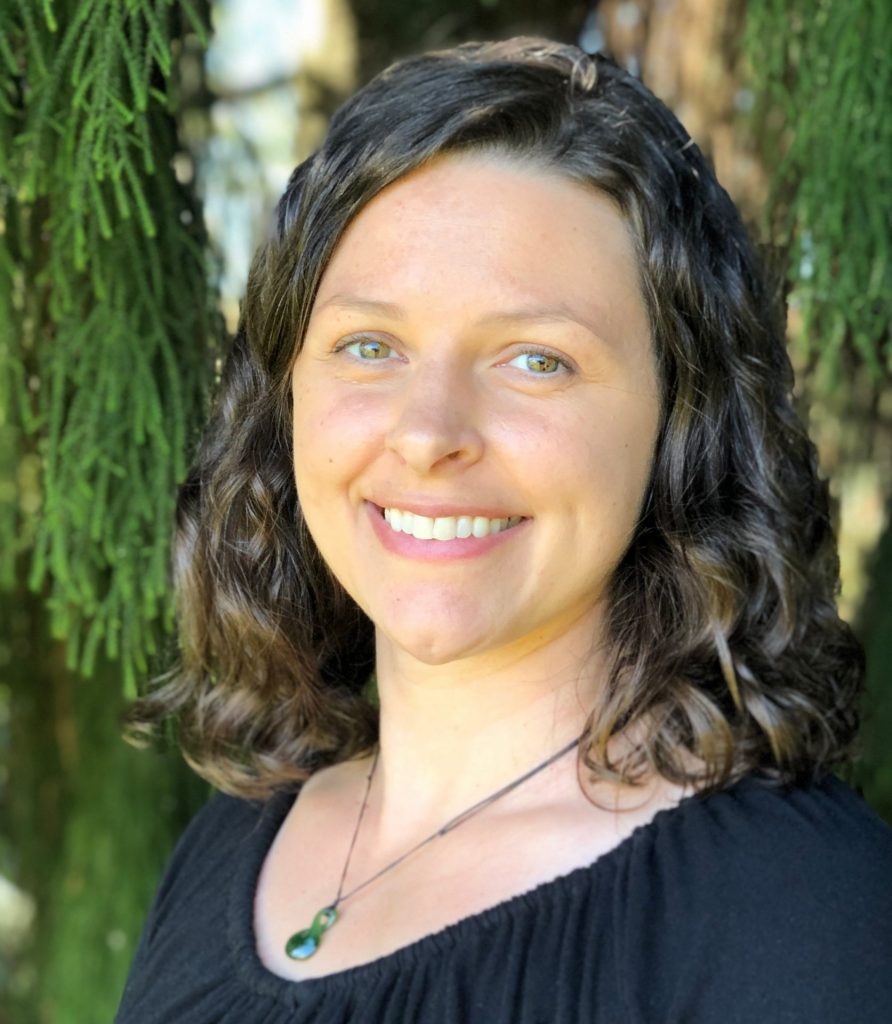
University of Waikato
Team members:
- Dr Jay Whitehead (Ngāti Māmoe and Ngāi Tahu) – Matatihi
- Catherine Kirby – Entelea Scicom Ltd
- Nathaniel Calhoun – Code Innovation
- Olivia Stead – University of Waikato
- Kevan Cote – Moose Engineering & Design
- Karen Denyer – Independent
- Dr Md Saiful Khan – University of Canterbury
- Corey Ruha (Te Arawa) – Independent
- Dr Rachelle Binny – Manaaki Whenua – Landcare Research
- Wendy Boyce – Independent
- Monique Hall – University of Waikato
- Penny Payne – University of Waikato
Learn more about us:
To learn more about the Eco-index programme, check out the brochure and presentation below.
Click to download our brochure and share with your colleagues or community.
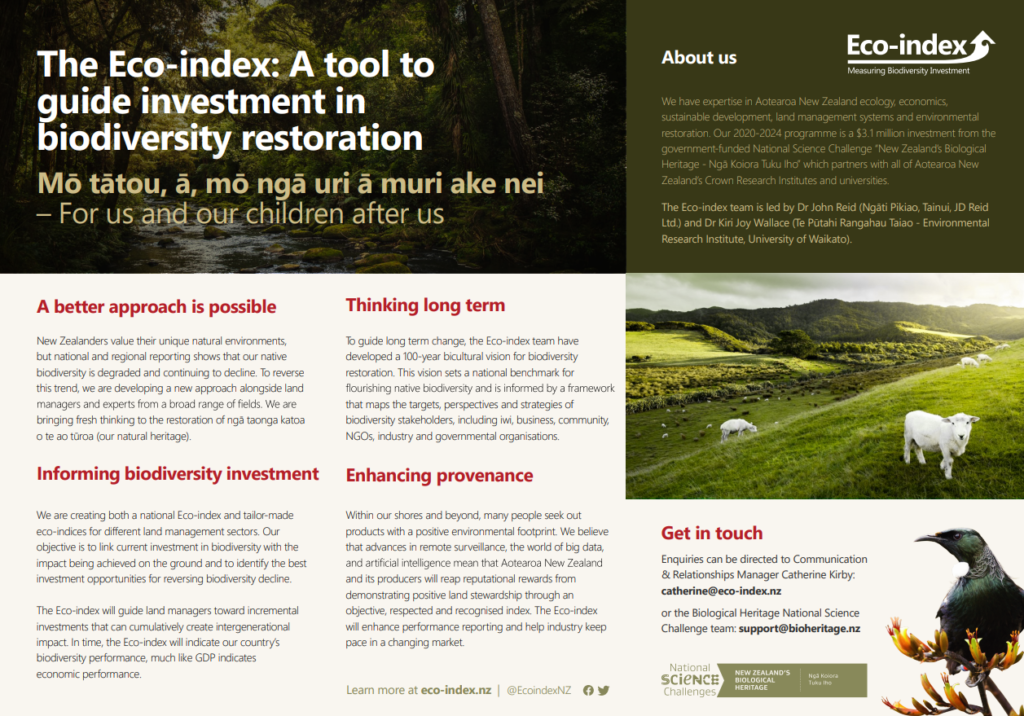
Webinars
Guiding biodiversity efforts using a remote sensing and machine learning approach
Presented by Kevan Cote – Eco-index Data Scientist – October 2022 (registration required to view).
Protected, Restored, Connected 2121 – a vision for biodiversity in Aotearoa New Zealand
Presented by Dr John Reid & Penny Payne – Eco-index Co-leads – May 2022
Presented by Dr Kiri Joy Wallace and Konny Brown – Eco-index co-lead and researcher – August 2021
Biodiversity of Aotearoa Illustration
Our work is focused on reducing the decline of native biodiversity (all native living species) in Aotearoa. We have been fortunate to have the talented Georgia Wells create this Biodiversity of Aotearoa illustration to help us explain our mahi. Please feel free to download Georgia’s work to help in your own teaching, education or research endeavours, it is licenced under a creative commons CC BY-NC-ND 4.0 license.
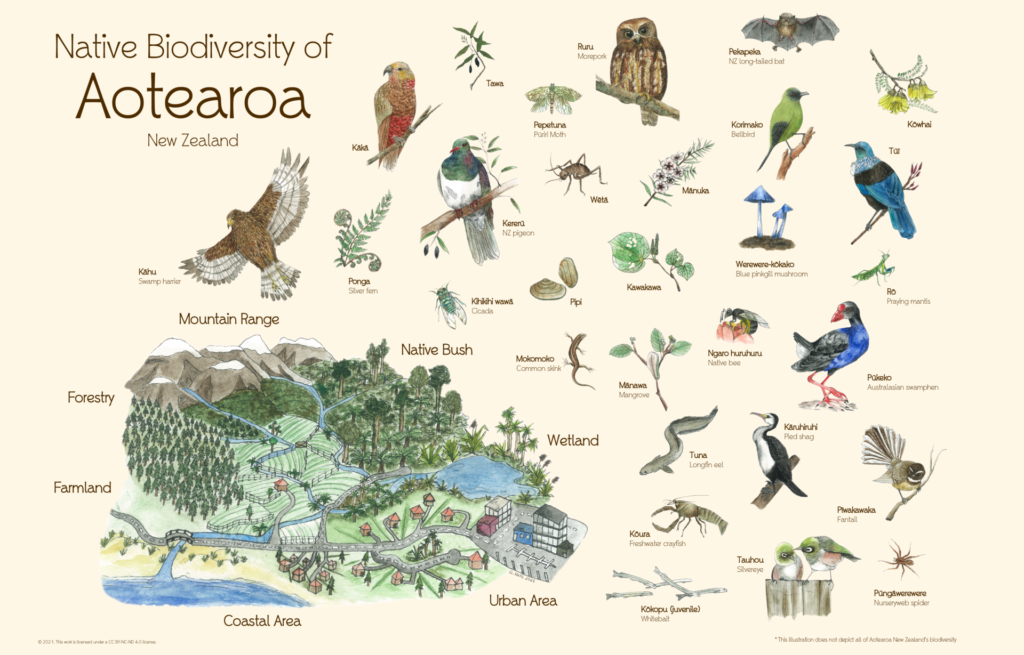
Biodiversity data for the Eco-index
We are applying the following data criteria for our Eco-index database. If you have a biodiversity dataset that meets most or all of these criteria, please get in touch.
Data must:
- Be related to native biodiversity, therefore: about or closely related to living things (i.e., not abiotic data, like water chemistry or soil quality)
- Be collected regularly/ongoing/indefinitely (the Eco-index will report in the future using updated data)
- Be collected over a large geospatial scale (with clearly defined geographic boundaries – a catchment, rohe or region OR coordinates)
- Be easy to plug in to our data infrastructure (must be digital and require little cleaning or formatting)
Data additionally preferred to be:
- Collected for several years in the past, the longer the better
- Of high resolution for its type of data (the more granular the better)
- Available by ready-made external access (e.g., API)
Programme partners:
- University of Waikato
- University of Canterbury
- Geospatial Research Institute
- New Zealand Merino Ltd
- Dairy NZ
- Te Urunga o Kea – Te Arawa Climate Change Working Group
- The A2 Milk Company
- Stats NZ
- Manaaki Whenua – Landcare Research
- Ministry for the Environment
- Department of Conservation
- Jobs for Nature
- Taiao: Time-Evolving Data Science and Artificial Intelligence for Advanced Open Environmental Science
No Fields Found.

